Talk Overview
Elephant hawkmoths have excellent night vision. But how can these insects see so well under low light conditions? In this talk, Dr. Anna Stöckl reveals that the secret behind their improved night vision is neural summation, a process by which neurons integrate different inputs or stimuli. She shows that these neural strategies boost the sensitivity of the elephant hawkmoth’s night vision, allowing the animal to see 100 times better than they would with their eyes alone. Stöckl also discusses the elephant hawkmoth as a novel model organism to understand neural processing.
This talk is part of the Young Scientist Seminars, a video series produced that features young scientists giving talks about their research and discoveries.
Speaker Bio
Anna Stöckl

Anna Stöckl received her bachelor’s degree in biology in Heidelberg and master’s in neuroscience in Munich. She then joined the group of Prof. Eric Warrant at Lund University in Sweden for her PhD work, where she investigated the neural strategies that allow hawkmoths to see at night. Anna used electrophysiological, anatomical and quantitative behavioural tools… Continue Reading

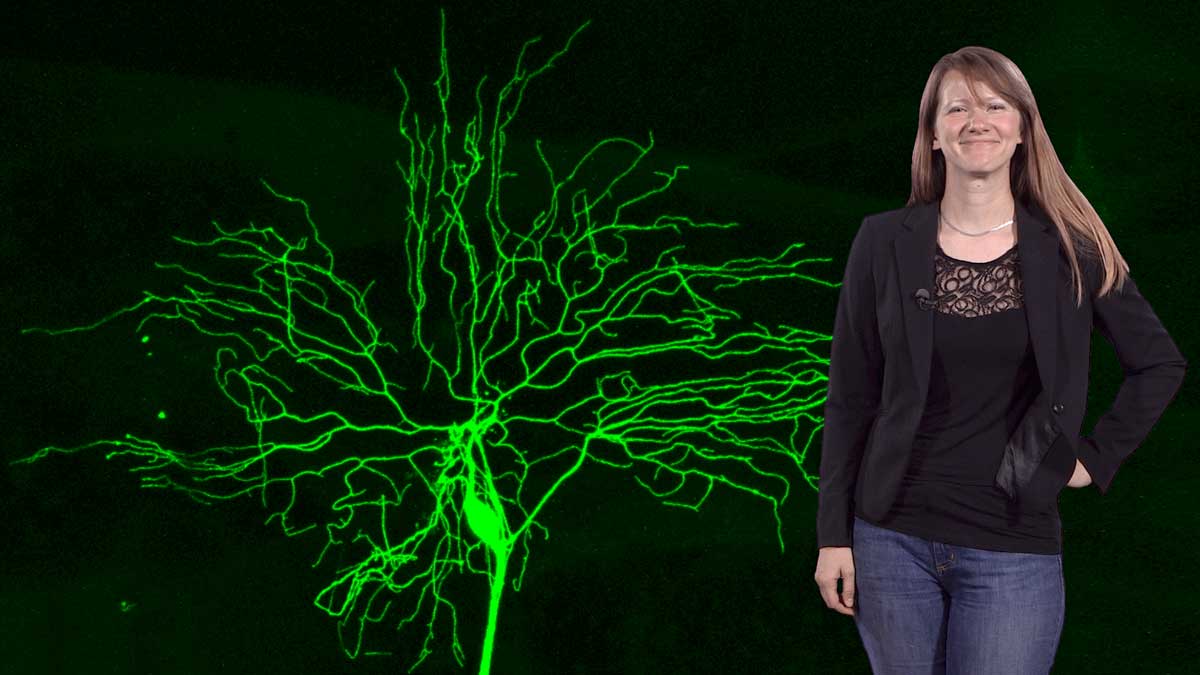
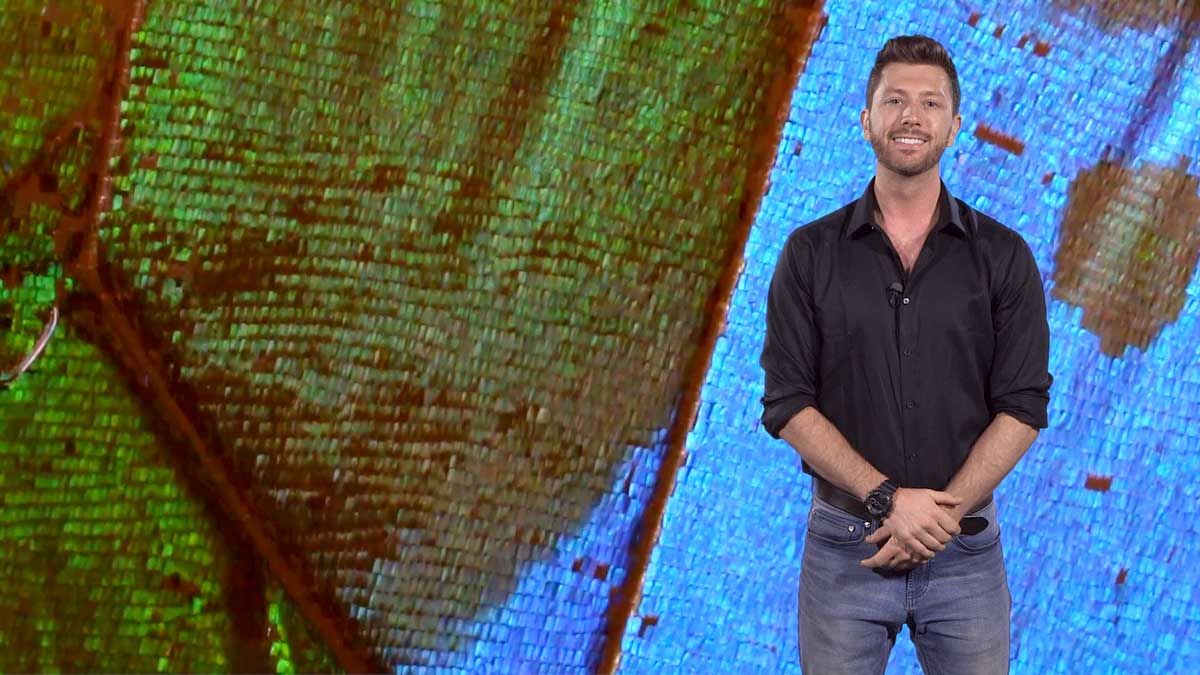
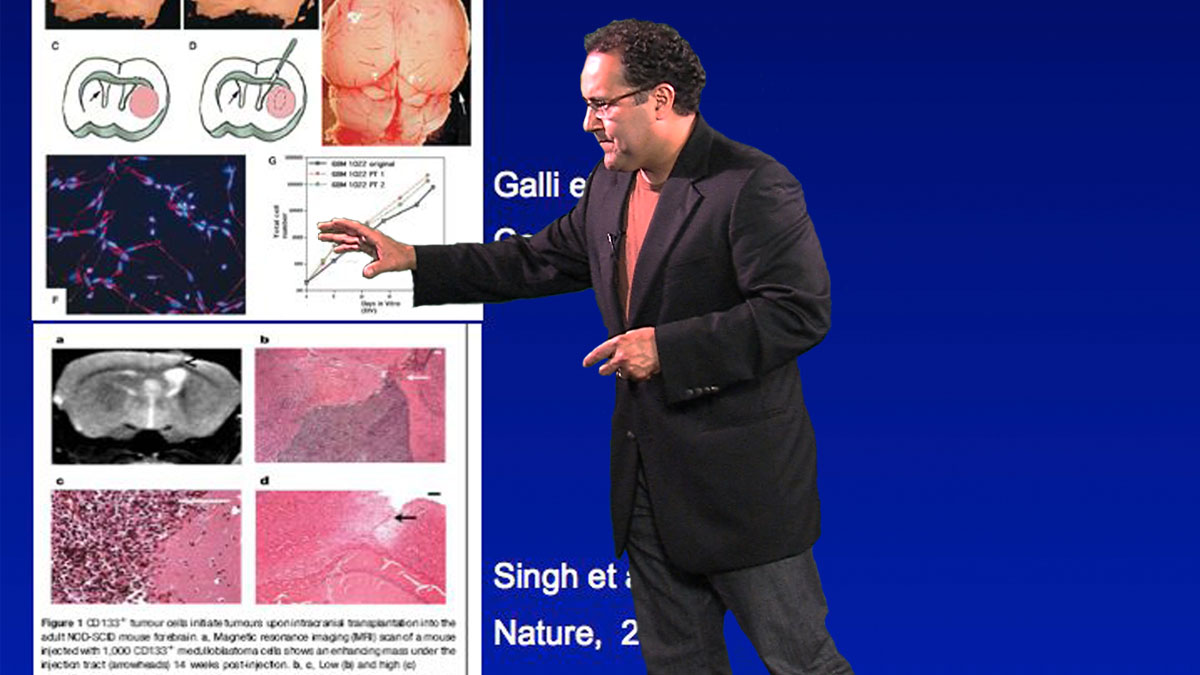
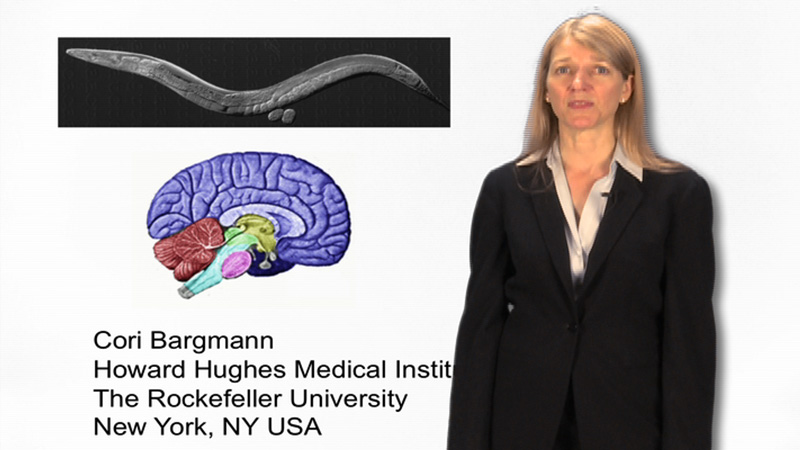

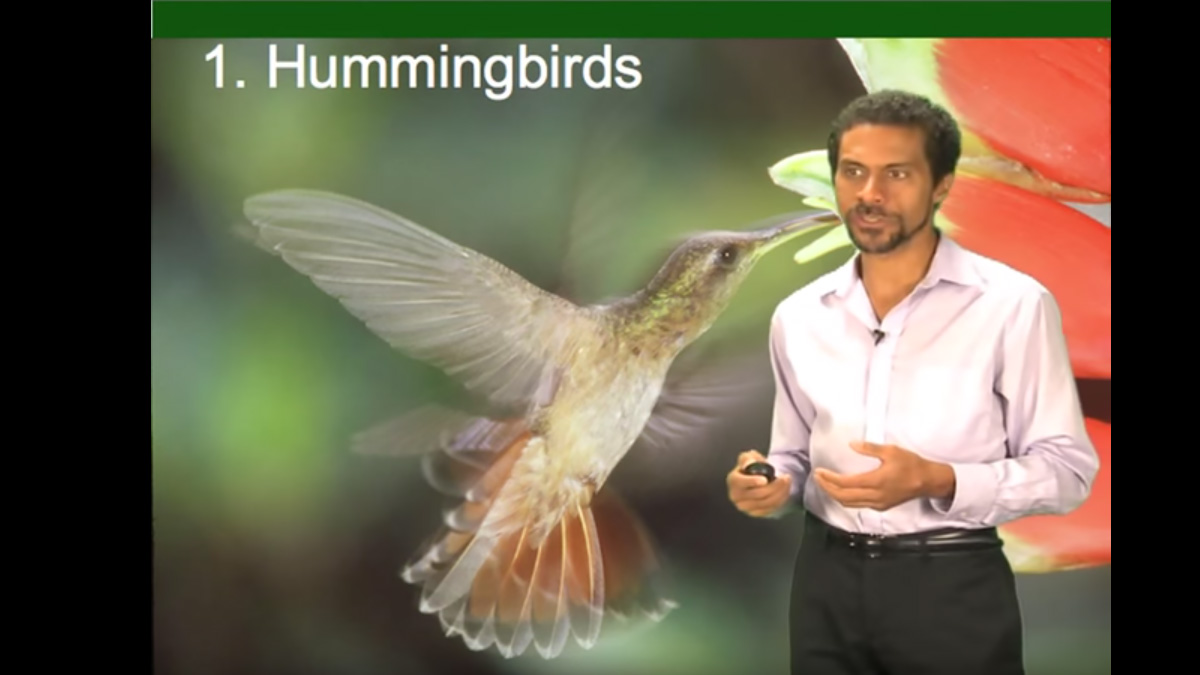





Leave a Reply